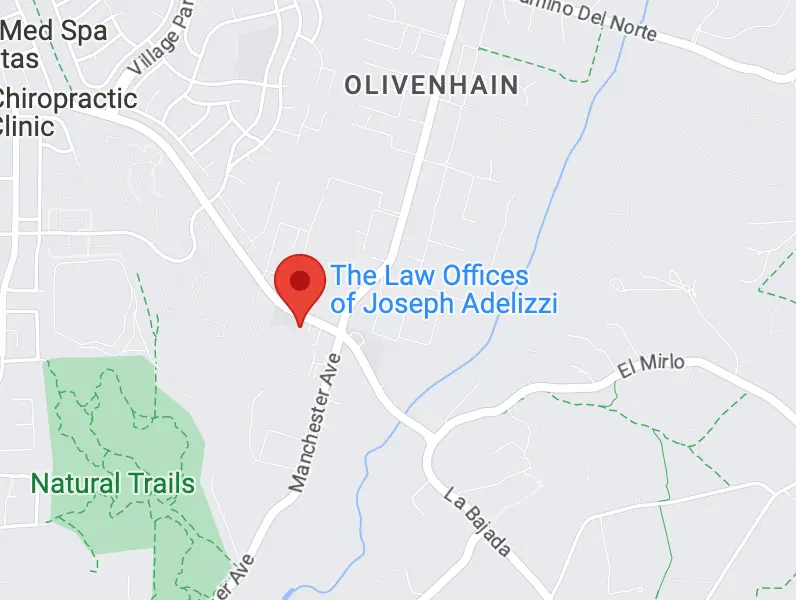What Goes into an Estate Plan?
The very idea of creating an Estate Plan can be intimidating, but this article from Brainerd Dispatch, “Navigating your estate plan,” wisely advises breaking down the process into smaller pieces, making it more manageable. An Estate Planning Attorney can help you by taking it step by step and it’s more likely that you’ll be comfortable getting started with the process.
Start with Beneficiaries. This may be the easiest way to start. If you have retirement accounts, like IRAs, 401(k)s, 403(b)s or other retirement accounts, chances are you have already written down the name of the person who you want to receive your assets, if you die. The same goes for life insurance policies. The beneficiary designation tells who receives the assets on your death. You should also note that there are tax ramifications, if you do not have a beneficiary. Your assets could become taxable five years after you die, without a named beneficiary.
Be aware that no matter what your will says, the name on your beneficiary designations on these accounts determines who gets the assets. You need to check on these to be sure the people you have named are still the people who you want to receive your accounts. You should review the designations every time you review your estate plan, which should be every three or four years.
Where There’s a Will, There’s a Way Forward. The will is a key document in your estate plan. It can be used to minimize taxes on your estate, ensure that your family has the management assistance they need, and, if you have minor children, establish who their guardians should be. Don’t neglect updating your will, whenever there is a big change to the law or changes in your life. Not having a will leaves your family in a terrible position, where they will have to endure unnecessary expenses and added stress. Your assets will be distributed according to the laws of your state, and not according to your own wishes.
Directives for Difficult Times Health care directives give your loved ones direction when a terrible situation occurs. If you become incapacitated, through an accident or serious illness, the health care directive tells your family members what kind of care you want—or do not want. You should also have a health care proxy, so that a person can make medical decisions on your behalf. An estate planning attorney who is licensed in your state will know what forms are accepted.
In addition, you’ll need a financial power of attorney. This allows you to designate someone to step in and manage your finances in the case of incapacity. This is especially important if you are single, because otherwise a court may name someone to be your financial guardian.
What About Trusts? If you own a lot of assets or if your estate is complicated, a trust may be helpful. Trusts are legal entities that hold assets on behalf of a beneficiary or beneficiaries. There are many different types of trusts that are used to serve different purposes, from Special Needs Trusts that are designed to help families plan for an individual with special needs, revocable trusts used to avoid probate and testamentary trusts, which are created only when you die. An estate planning attorney will know which trusts are appropriate for your individual situation.
Reference: Brainerd Dispatch (Aug. 11, 2019) “Navigating your estate plan”



